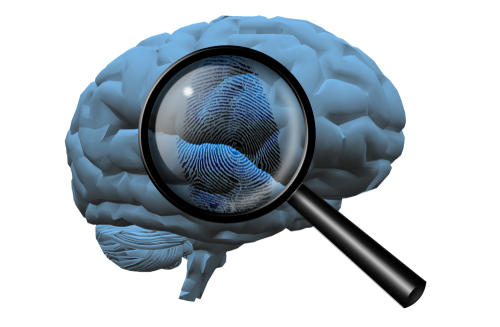 The field of Forensic Psychology has been highly glamorized and publicized in many television series, books and movies. The field, however, more specialized than is often represented. Forensic Psychology is the application of the science and profession of psychology to enquiries and issues relating to the legal system. The word “forensic”, in modern day, refers to the application of empirical principles to the adversarial process where trained psychological scientists play a direct role in the process.
The field of Forensic Psychology has been highly glamorized and publicized in many television series, books and movies. The field, however, more specialized than is often represented. Forensic Psychology is the application of the science and profession of psychology to enquiries and issues relating to the legal system. The word “forensic”, in modern day, refers to the application of empirical principles to the adversarial process where trained psychological scientists play a direct role in the process.
What are the Primary Responsibilities of a Forensic Psychologist?
Forensic Psychologists are responsible for many different aspects of the legal system including conducting psychological evaluations, providing treatment to inmates or those involved in the legal system or research in anticipation of future legal, contractual, or administrative proceedings. A large part of many Forensic psychologists practice is providing expert psychological opinions by way of legal testimony as well as trial consultation for issues like jury selection. While many psychologists are asked to testify in Court about their patients or research on occasion this is not considered the specialized practice of Forensic psychology. Some of the other less “glamorized” responsibilities of these professionals are research, criminal interviewing, crime scene investigation and evidence investigation.
Where do Forensic Psychologist Typically Work?
Individuals with a degree in Forensic Psychology will often seek employment in police stations, courthouses, and law firms. They may also be hired directly by prisons, jails, and juvenile detention centers to work with inmates. Individuals with degrees in Forensic Psychology might also choose to become self-employed. This allows them the opportunity to work as consultants or they may choose to receive compensation for testifying as expert witnesses.
What training is needed to become a Forensic Psychologist?
While a Forensic Psychologist may secure a position in a research setting with a bachelor’s degree, a Doctoral or Master’s Degree in psychology is necessary for licensing or certification. Licensing is an important detail for all professional psychologists. In order to become licensed a student must take an exam through the state psychologist licensing board. The American Board of Professional Psychology (ABPP) classifies Forensic Psychology as a recognized specialty and offers certification examinations. Many students working towards a degree in this specialty area opt to complete a minor in law in order to complement their psychology degree.
How Much Money Can I Earn As a Forensic Psychologist?
While the Bureau of Labor Statistics does not collect salary data specific to Forensic Psychology, a traditional professional psychologist is reported to earn approximately $86,510. This is an area of psychology with a wide variation in pay scale. Forensic Psychologists can earn significant salaries when paid to offer expert testimony or participate in the trial process. Others may earn salaries in keeping with traditional psychology.
Are There Any Professional Organizations for Forensic Psychologists?
Students earning a Forensic Psychology degree recognized by the American Board of Professional Psychology (ABPP) demonstrate that a respected board has certified the graduate as possessing the necessary professional competence and maturity for work in Forensic Psychology. The ABPP recognition is widely accepted as the standard of professional competence in Forensic Psychology.
A degree in Forensic Psychology opens many doors for professional practice. While the widely publicized side of forensic practice, including courtroom testimony and criminal profiling, can been seen on television and in movies, there is much more depth to this area of study and practice. There are positions for Forensic Psychologists in the court system, prisons, law practices, private practice, research and many other areas. A graduate degree in Forensic Psychology from an ABPP recognized degree program is an excellent start to a career in psychology.
